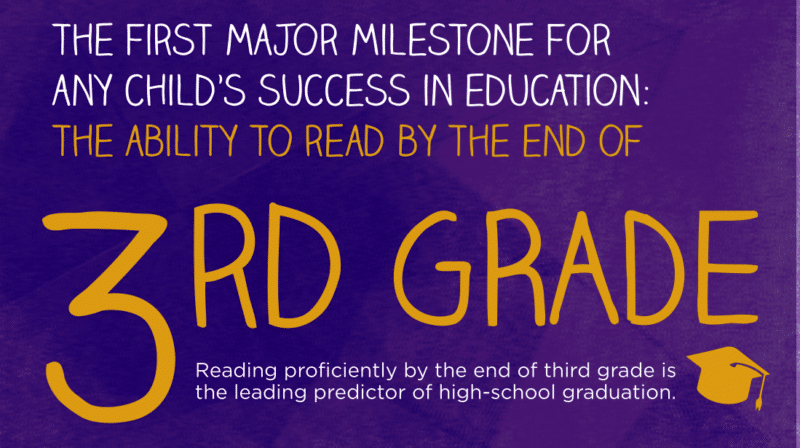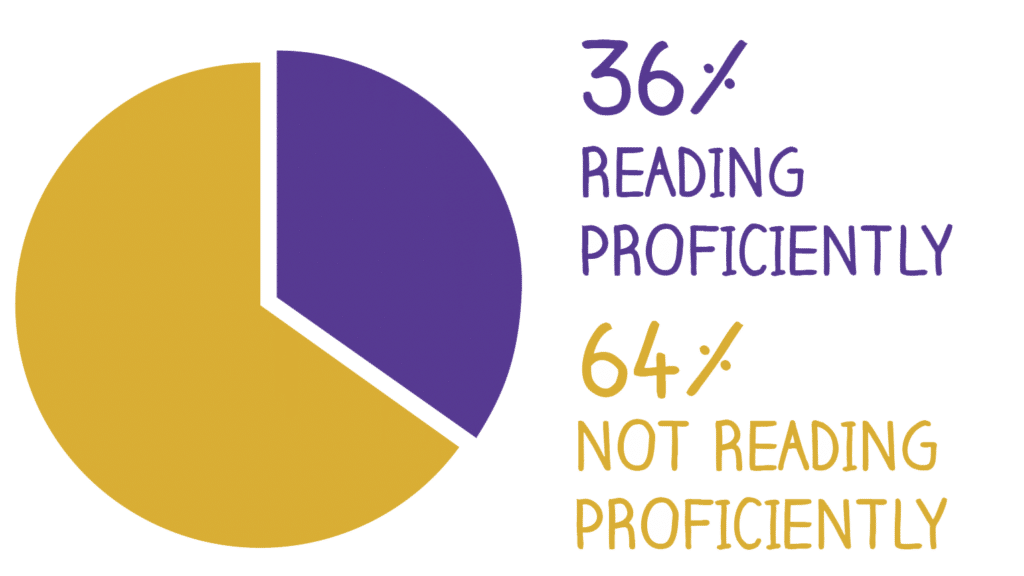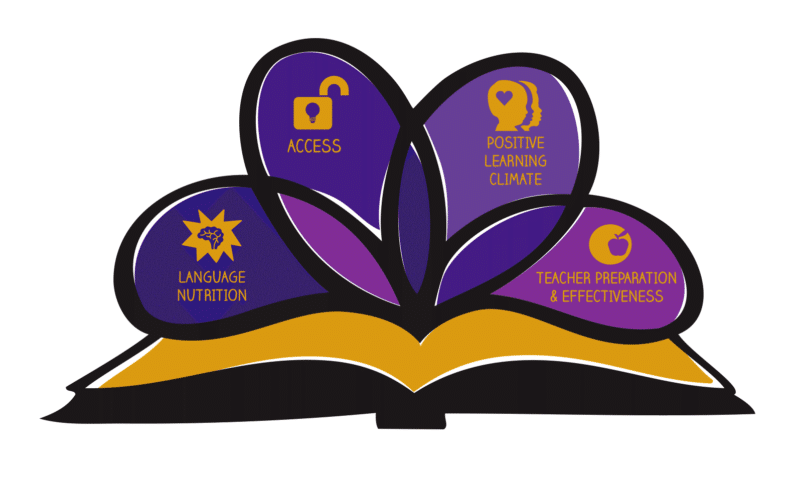Get Georgia Reading Campaign partners rally people, organizations, and communities to apply a framework for action so that all children in Georgia become proficient readers by the end of third grade.

In 2013, two-thirds of Georgia’s children were not reading proficiently by the end of third grade. This has significant and long-term consequences for all Georgians, because low achievement in reading affects our economy, our safety, and our health.
Unwilling to accept the status quo, Governor Nathan Deal and First Lady Sandra Deal came together with Georgia leaders in 2013 to begin to address third-grade reading proficiency—not only as an education issue, but as an urgent priority for all who care about children’s health and well-being.

Get Georgia Reading is a collaboration of more than 100 public and private partners that are finding new ways of working together across Georgia, across sectors, across agencies and organizations, and across the early years and early grades, using data to inform decision making.
An eight-month planning process helped develop a clearly defined framework to create the conditions for every child in Georgia to become a proficient reader by the end of third grade. This framework consists of four research-based pillars that work together to provide a platform for success: Language Nutrition, Access, Positive Learning Climate, and Teacher Preparation and Effectiveness. These four pillars provide a new way of looking at early literacy and learning during the first eight years of life, opening the doors to conversations that identify gaps and where to locate resources to fill those gaps.

Campaign partners are using the four pillars to challenge conventional approaches, establish new cross-sector collaborations, and support collective action in communities throughout the state.
The Campaign operates under the auspices and guiding vision of a Cabinet of high-level statewide public and private organization leaders who are supported by two subcommittees providing support in Communications as well as Data and Evaluation.
The Campaign has outlined five key roles to support this collective effort:
- Make sense of factors affecting children’s ability to read proficiently
- Connect and convene decision-makers to focus on families with children from birth through age 8
- Use data to change the conversation and align resources toward shared pillars
- Inspire collective action and innovation to create conditions necessary for success
- Celebrate partner successes and clearly communicate possibilities to realize the four-pillar framework across the state
